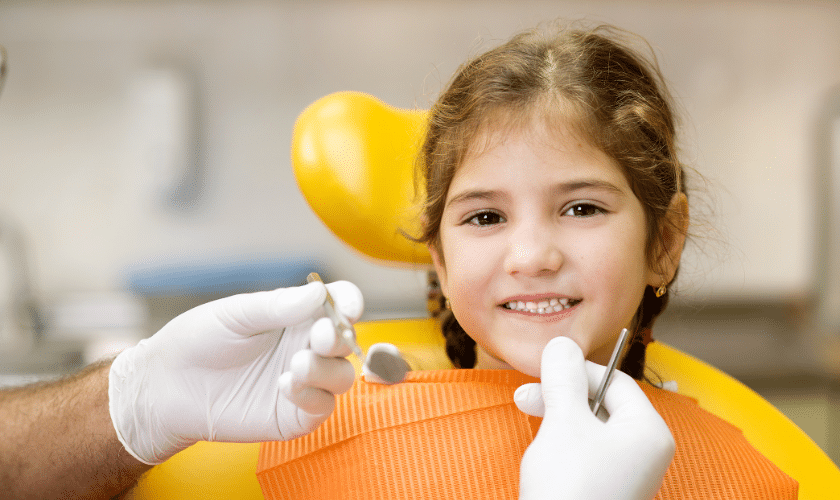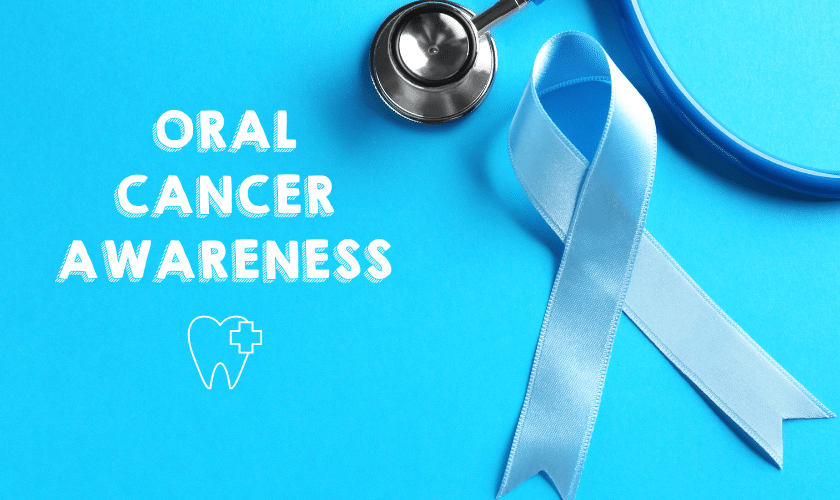
Dental Care Tips for Seniors and Individuals with Special Oral Health Needs
As we age or face specific health challenges, our oral health needs may evolve, requiring tailored care to maintain optimal dental health. In this blog, we’ll explore dental care tips specifically designed for seniors and individuals with special oral health needs, addressing common concerns and promoting overall well-being.
Regular Dental Check-Ups:
Seniors and individuals with special oral health needs should schedule regular dental check-ups at least twice a year or as recommended by their dentist. These check-ups allow dentists to monitor oral health, detect potential issues early, and provide personalized care.
Gentle Brushing and Flossing:
Use a soft-bristled toothbrush and gentle brushing techniques to avoid irritation or damage to sensitive gums and teeth. Floss daily to remove plaque and food particles between teeth, reducing the risk of gum disease and cavities.
Denture Care:
If wearing dentures, clean them daily with a denture cleaner or mild soap and water. Remove dentures at night to give gums a rest and soak them in water or a denture solution. Regularly visit the dentist for denture adjustments and maintenance.
Address Dry Mouth:
Seniors and individuals with certain health conditions may experience dry mouth, increasing the risk of tooth decay and gum disease. Stay hydrated, chew sugar-free gum use saliva substitutes, and discuss dry mouth solutions with your dentist.
Manage Medication Effects:
Some medications can affect oral health by causing dry mouth, gum inflammation, or changes in taste. Inform your dentist about the medications you’re taking to receive appropriate oral care recommendations and address any medication-related issues.
Nutrition and Hydration:
Maintain a balanced diet rich in calcium, vitamins, and minerals essential for strong teeth and gums. Limit sugary and acidic foods and beverages that can contribute to tooth decay and erosion. Stay hydrated by drinking water throughout the day.
Oral Cancer Screening:
Seniors and individuals at higher risk for oral cancer should undergo regular oral cancer screenings during dental check-ups. Early detection improves treatment outcomes and prognosis.
Assistive Devices and Adaptations:
Consider using assistive devices such as electric toothbrushes, water flossers, or adapted toothbrush handles for easier and more effective oral hygiene. Make necessary adaptations for individuals with physical or cognitive challenges to ensure proper dental care.
Conclusion:
By following these dental care tips tailored to seniors and individuals with special oral health needs, you can maintain a healthy smile and prevent common dental problems. Regular dental visits, gentle oral hygiene practices, managing medication effects, and addressing specific concerns contribute to overall oral health and well-being.




